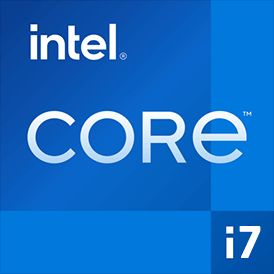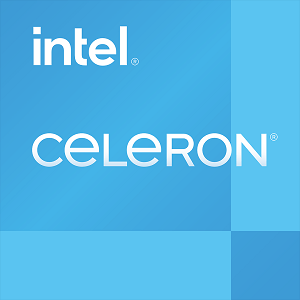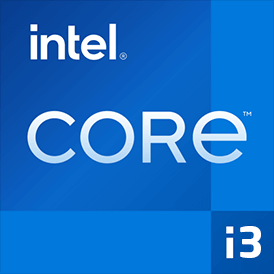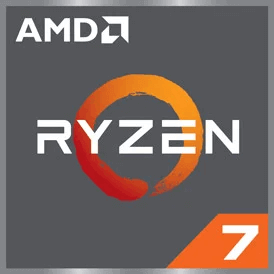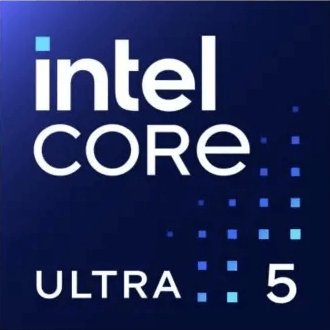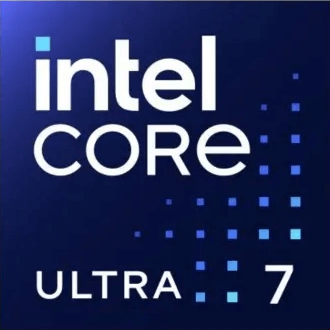Intel Core i7 1185G7 vs Intel Celeron 7305
We compared two laptop CPUs: Intel Core i7 1185G7 with 4 cores 1.2GHz and Intel Celeron 7305 with 5 cores 1.1GHz . You will find out which processor performs better in benchmark tests, key specifications, power consumption and more.
Main Differences
Intel Core i7 1185G7 's Advantages
Higher base frequency (3.0GHz vs 1.1GHz)
Larger L3 cache size (12MB vs 8MB)
Intel Celeron 7305 's Advantages
Released 1 years and 4 months late
Higher specification of memory (5200 vs 4267)
Larger memory bandwidth (76.8GB/s vs 51.2GB/s)
Lower TDP (15W vs 28W)
Score
Benchmark
Geekbench 6 Single Core
Intel Core i7 1185G7
+258%
1960
Intel Celeron 7305
546
Geekbench 6 Multi Core
Intel Core i7 1185G7
+388%
6100
Intel Celeron 7305
1248
Geekbench 5 Single Core
Intel Core i7 1185G7
+245%
1473
Intel Celeron 7305
426
Geekbench 5 Multi Core
Intel Core i7 1185G7
+315%
5147
Intel Celeron 7305
1240
General Parameters
Sep 2020
Release Date
Jan 2022
Intel
Manufacturer
Intel
Laptop
Type
Laptop
x86-64
Instruction Set
x86-64
Tiger Lake
Core Architecture
Alder Lake
i7-1185G7
Processor Number
7305
BGA-1449
Socket
BGA-1744
Iris Xe Graphics G7 96EU
Integrated Graphics
UHD Graphics (48 EU)
Package
10 nm
Manufacturing Process
10 nm
12-28 W
Power Consumption
12-15 W
-
Max Turbo Power Consumption
55 W
100°C
Peak Operating Temperature
100°C
CPU Performance
4
Performance Cores
1
8
Performance Core Threads
1
1.2-3.0 GHz
Performance Core Base Frequency
1.1 GHz
4.8 GHz
Performance Core Turbo Frequency
-
-
Efficiency Cores
4
-
Efficiency Core Threads
4
-
Efficiency Core Base Frequency
0.9 GHz
4
Total Core Count
5
8
Total Thread Count
5
100 MHz
Bus Frequency
100 MHz
12-30x
Multiplier
11x
96 K per core
L1 Cache
80 K per core
1280 K per core
L2 Cache
1280 K per core
12 MB shared
L3 Cache
8 MB shared
No
Unlocked Multiplier
No
Memory Parameters
DDR4-3200, LPDDR4x-4267
Memory Types
DDR5-4800, DDR4-3200, LPDDR5-5200, LPDDR4x-4267
64 GB
Max Memory Size
64 GB
2
Max Memory Channels
2
51.2 GB/s
Max Memory Bandwidth
76.8 GB/s
No
ECC Memory Support
No
Graphics Card Parameters
true
Integrated Graphics
true
300 MHz
GPU Base Frequency
-
1350 MHz
GPU Max Dynamic Frequency
1100 MHz
768
Shader Units
-
48
Texture Units
-
24
Raster Operation Units
-
96
Execution Units
-
15 W
Power Consumption
-
1.69 TFLOPS
Graphics Performance
-
